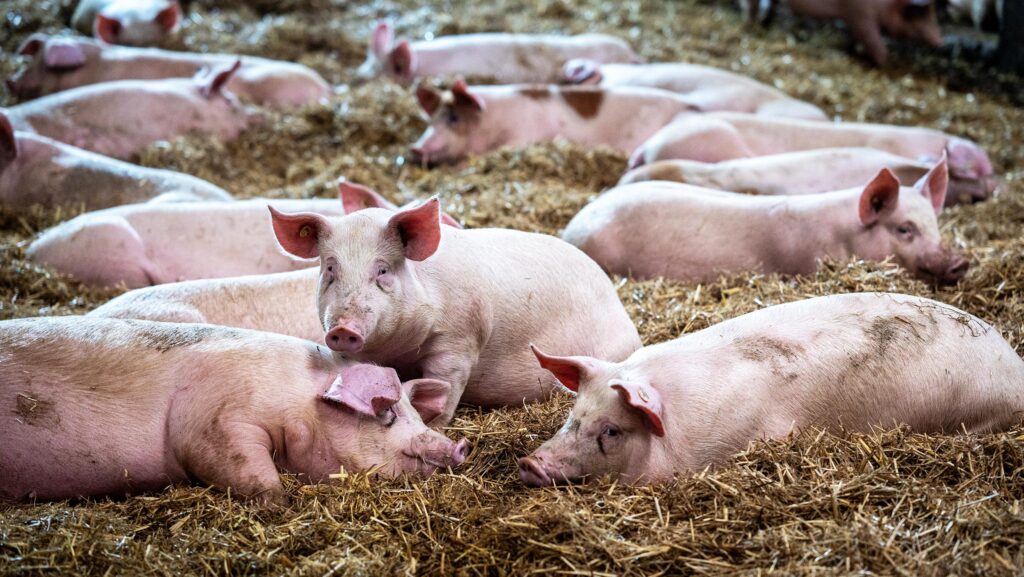Defra to review livestock feed controls in England and Wales
 © AdobeStock
© AdobeStock The reintroduction of processed animal protein (PAP) into some livestock feed is on the cards, with Defra now considering changes to regulations that have been in place since the height of the so-called “mad cow” crisis in the 1990s.
The move, set out in a new consultation, aims to support the farming industry and help level the playing field with the EU, where limited use of non-ruminant PAP is allowed.
See also: The benefits and uses of lucerne in poultry production
Through the eight-week consultation, views are being sought on whether those controls which currently prohibit PAP being fed to farmed animals to prevent transmissible spongiform encephalopathies (TSEs), should be changed.
TSEs include scrapie in sheep and goats, bovine spongiform encephalopathy (BSE) in cattle, chronic wasting disease in deer, and variant Creutzfeldt-Jakob disease in humans.
Defra biosecurity minister Baroness Hayman said: “Remaining vigilant to the threat posed by BSE will always be the top priority of this government, but as scientific understanding of the disease has developed, we can now look to remove some undue burdens on the industry.”
Confirmed cases
The first case of BSE in the UK occurred in 1986 and since then there have been 180,000 confirmed cases, mostly in the 1990s.
At the height of the epidemic, in 1992, 37,056 cases were confirmed.
Some of the current regulations, however, are said to be unduly restrictive and no longer reflect up-to-date scientific knowledge or the level of BSE risk.
If agreed, changes would allow PAP from poultry to be included in porcine feed; porcine PAP to go into poultry feed; insect PAP in pig and poultry feed; and ruminant collagen and gelatine in non-ruminant feed.
Defra say these changes would enable investment in the insect protein sector, open new markets for renderers, and could help vary diets for livestock.
This could be done without affecting the UK’s high level of biosecurity, animal and public health protection, and would not increase TSE risk.
Reaction
A spokesperson for the British Poultry Council said: “Ensuring a level playing field with the EU while enhancing sustainability is important, but changes must be backed by clear evidence without compromising biosecurity.
“While evidence supports the benefits of PAP, its meaningful impact will ultimately hinge on consumer perception.”
Livestock feed controls, amongst other BSE control measures, have greatly reduced the incidence of BSE in the UK, and just five cases have been recorded since 2014.
Since the original restrictions on PAP have been in place, research has demonstrated that pigs and poultry are not naturally susceptible to TSEs.
Key protections Defra stress would remain in place, including the banning of using processed animal protein of ruminant origin in feed, and the prohibition of intra-species recycling.
The consultation closes on 1 April 2025, and information on how to respond can be found on the Defra website.
